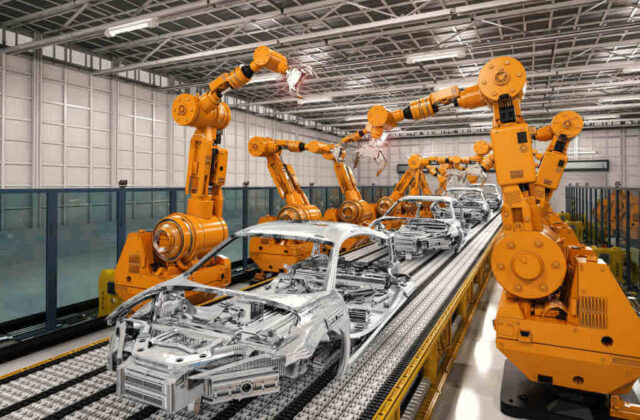Robotics in Manufacturing: The Impact of Automation on Industry

About Course
Step into the dynamic world of industrial innovation where machines no longer just assist—they lead. “Robotics in Manufacturing: The Impact of Automation on Industry” is your gateway to understanding how smart, agile robots are transforming factory floors across the globe. Whether it’s Tesla’s cutting-edge robotics, Amazon’s automated warehouses, or Toyota’s precision engineering—robotics has become the beating heart of modern manufacturing.
In this course, you’ll explore how automation has increased productivity, improved quality control, reduced operational costs, and reshaped the workforce. You’ll also dive into real-world case studies, examining the benefits, challenges, and ethical considerations surrounding robotics in industry. With emerging technologies and trends on the horizon, this course equips you with the insights needed to navigate and thrive in the future of smart manufacturing.
Course Content
Introduction
Definition of Robotics and Automation
00:00Brief history of Robotics in Manufacturing
00:00Importance of Automation in Manufacturing
00:00Overview of the eBook
00:00